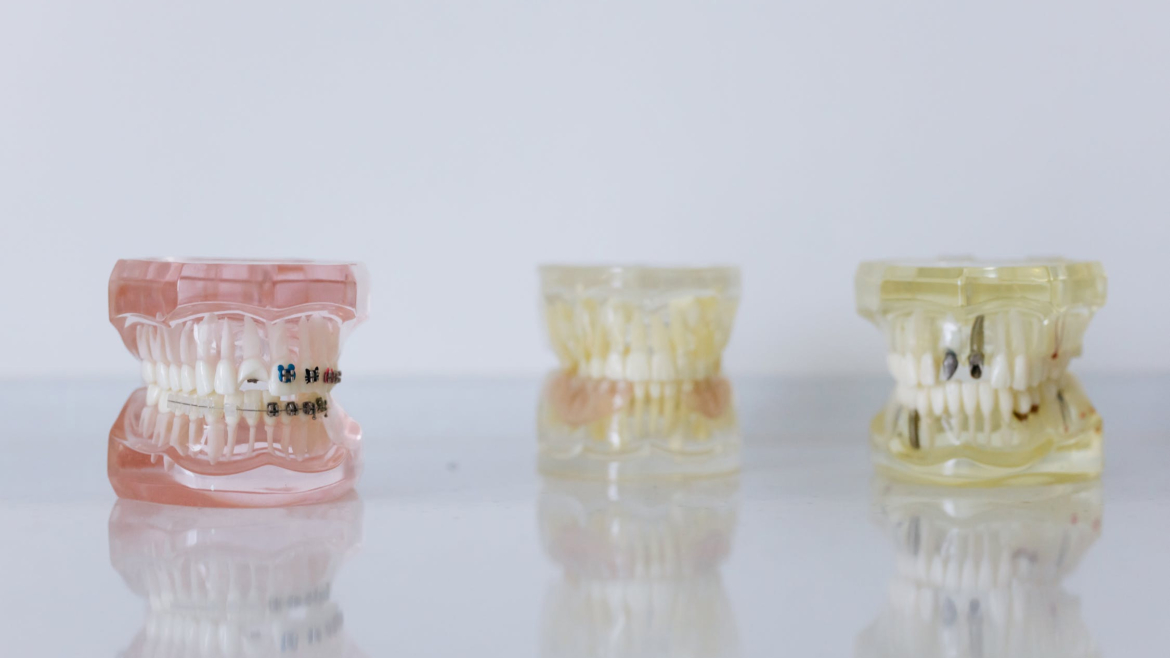Braces have been used for years to help patients fix their teeth and jaws. Orthodontic braces are used to physically change the position of teeth.
Orthodontics is a treatment that physically alters the position of teeth and jaws. The goal is for orthodontic treatment to change the way a patient’s face, teeth, and jaws look and function.
To achieve this, many dentists will suggest braces or other types of dental treatment. Braces are usually recommended if you have an overbite, underbite, or crossbite. Overbites are when the top teeth are farther out than the bottom teeth, and underbites are when the bottom teeth are farther out than the top teeth.
But the question that arises here is how should the patients maintain their braces. Of course, your dentist or orthodontist will guide you on taking care of your braces however we have also shared a few tips for you to maintain your braces.
#1 Flossing
Tooth floss will keep your teeth healthy and pain-free. You should clean your teeth every day with a piece of dental floss, and thread it through your teeth. Not only will this combat cavities, sensitive teeth, and braces, but it will also improve bone and tooth movement.
#2 Brushing
To make sure your brackets are always clean and white, you should brush them, too! An electric toothbrush could be really helpful here — but a regular toothbrush will work just as well.
Recommended post: 7 Tips to keep your teeth clean
#3 Mouthwash
You can also use mouthwash to help clean your braces. When you brush and use mouthwash, your mouth will be cleaner as a result. This is because fewer bacteria are present in the mouth. When you use mouthwash every day, you’ll have less plaque and gingivitis — making way for cleaner teeth and gums.
#4 Wax
Another important tip for maintaining your braces. First, you should thoroughly brush and floss your teeth. After this, cover the remaining areas of your mouth with a thin layer of wax (obtained from your orthodontist) and let it harden.
#5 Disclosing tablets
Plaque is a tricky subject for many people. Plaque can build up in hard-to-reach areas and cause tooth decay. One way to monitor plaque accumulation is by using disclosing tablets. The tablets will allow you to see where plaque has built up. Ask your orthodontist whether or not these tablets would be helpful for you. This is perhaps another thing that your dentist will suggest to you for maintaining your brackets.
Food that you should avoid
Hard chips: When you wear a dental brace, you should avoid eating hard chips. Not only because they’re difficult to chew, but also because they can damage your teeth and mouth.
- Ice: If you’re wearing a dental brace, don’t chew ice. Chewing ice puts pressure on your braces, which can lead to weakening the structure of the wire and breakage.
- Soda: When you’re wearing a dental brace, avoid drinking soda because it can cause the metal brackets to erode. The acidity in the soda causes them to corrode and weaken, making it easier for them to snap. If your braces are loose, you are more likely to lose teeth.
- Nuts: Avoid eating nuts while wearing a dental brace in order to prevent damage to both the wires and your teeth.
- Raw veggies: If you’re eating raw vegetables, please be sure to brush your teeth afterward. The carrots, apples, and nuts from the dish could break the brackets and get stuck in your teeth.

